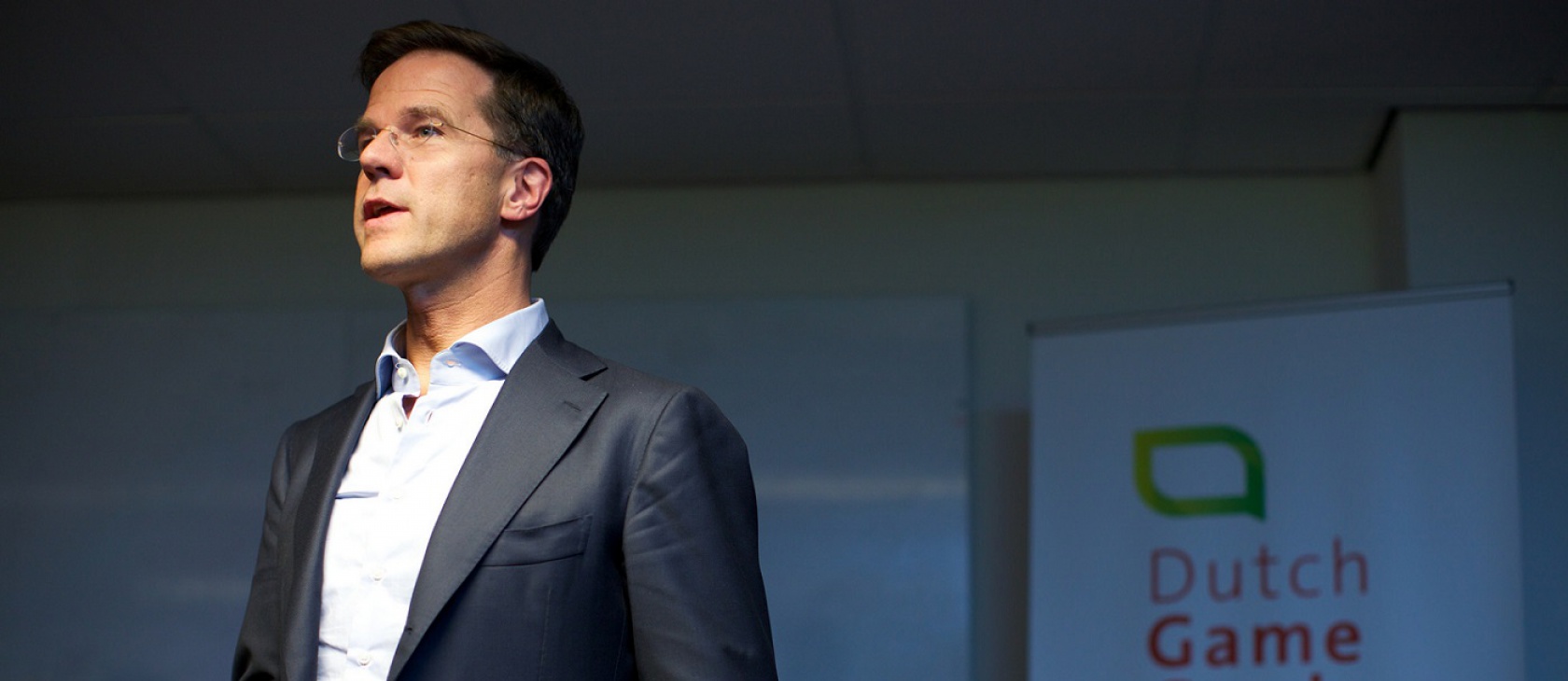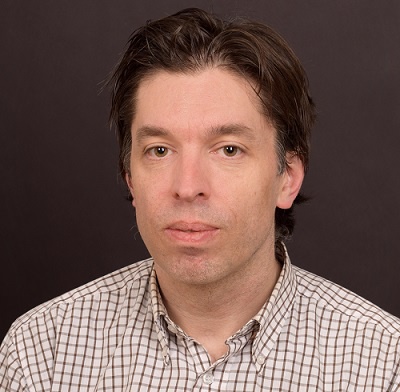Carnival celebrations in the southern provinces of Limburg and Noord-Brabant have ended. Reality is setting in, and we now find ourselves in the final stretch toward the Dutch parliamentary elections on March 15. TV and radio are saturated with political talk shows and interviews, but the outcome of the elections remains far from clear. Polls show Geert Wilders winning a considerable amount of votes, but his PVV will most likely end up in the opposition, just like the radical Socialist Party (SP) of Jan Marijnissen in 2006. What will that mean for the people of the Netherlands, the European Union, and the future of the transatlantic alliance?
One economic program, targeted to help Dutch suffering from high unemployment rates to work in a neighboring country, may hold the key to the election and to maintaining the Netherlands’ place in the international order.
The role of ‘flyover country’
Removing obstacles for Dutch citizens in border provinces to enter the job market in Germany has become a priority in recent years. This was originally born out of necessity to fight high unemployment in the provinces, since the unemployment rate in Niedersachsen, just across the border, is much lower. In schools across these provinces, German as a second language is finally being taken seriously.
The website werkeninduitsland.nl (work in Germany) was launched in May 2016. Since then, 170 unemployed from the northern border provinces Groningen and Drenthe found work across the border. While a modest beginning, the policy has potential to expand.
The policy has significantly improved the lives of his people. In 2013, a total of 43,000 Dutch citizens – one-half of one percent of the workforce – worked abroad. Furthermore, this model of economic cooperation doubles as a desperately needed, easy-to-grasp, and practical example of European integration at work. The underlying pursuit of the inclusion of all citizens in the workforce, regardless of background and ability, should not be overlooked. It reflects the urgency in Dutch politics to find a pragmatic and realistic path that takes specific concerns of citizens seriously, while at the same time remaining fully engaged within the international realm. One political leader used Trump’s victory in “flyover country” to drive home the point that The Hague should pay attention to what’s going on in these rural provinces, the Dutch equivalent. The example set by these stable regional coalitions could well be the kind of commonsense panacea that current Prime Minister Mark Rutte’s next coalition government will build on and his People’s Party for Freedom and Democracy’s (VVD) public image: a practical approach that reconciles opposing viewpoints and mitigates the tensions in Dutch society at large.
In order for a stable coalition government to emerge from the fractured Dutch political landscape after these bruising elections, it’s these kinds of commonsense efforts that Mark Rutte will need to build on.
Rutte as bridge-builder
Rutte will undoubtedly burnish his image as someone able to work across ideological, and national, boundaries to get things done, both for Dutch citizens and at the transatlantic level. Emphasis on the importance of the post-WWII transatlantic security framework has always been a hallmark of Rutte’s People’s Party for Freedom and Democracy (VVD). Rutte’s effort to get parliamentary approval for the EU deal on Ukraine, in spite of its rejection by 64 percent of Dutch voters in a non-binding referendum last April, should be understood within this tradition. No wonder he proposed himself as bridge-builder between the EU and the U.S. after Trump’s victory in November.
Last October, Rutte used the Thorbecke lecture in Zwolle to reflect on the evolving role of the prime minister in the Dutch constitutional system. The modern parliamentary system that has its origins in 1848, when Johan Rudolph Thorbecke rewrote the constitution. Rutte, who studied history in Leiden in the 1990s, linked this historic overview to his own experience as manager of shifting coalitions during his two terms as prime minister since 2010. His narrow parliamentary base in both chambers has required him to rely on a broad spectrum of parties that were not part of his coalition governments. By passing national budgets and saving deals brokered at the supranational level, first on Greece and now Ukraine, Rutte has transformed the weakness of his coalitions into his personal strength as a dealmaker at the international level.
At the same time Rutte has gone out of his way to reach out to the considerable number of citizens that express anxiety about immigrants and Islam. The leader of the Christian Democrats (CDA), Sybrand Buma, has attempted to employ similar tactics to win back the seats his party lost to Geert Wilders in 2010 and 2013. CDA’s former Prime Minister Balkenende’s catchphrase that immigrants should adapt to “our” norms and values has yet to produce the desired outcome. On a more abstract level, party programs of both parties reflect this effort to go after Wilders’ virtual electorate. This provides a contrast with potential coalition parties GroenLinks, D66 and ChristenUnie – parties that have put more emphasis in their programs on concerns like sustainable development, tolerance and human rights. Reconciling these priorities with the effort to fend off a real or perceived threat to traditional Dutch culture will likely be the key to a stable coalition.
A fractured political landscape
In spite of consistently bad polls and only a minority of support in the Senate, the current coalition of Prime Minister Rutte’s VVD and Social Democrats (PvdA) managed to stay together until the bitter end. The inevitable tensions within the Labour Party led to the defection of a handful of Labour Party MP’s, but not enough to bring down Rutte’s cabinet. In the run-up to the parliamentary elections the leader of the PvdA was voted down as standard-bearer. Members had hoped this would reverse the disastrous polls (which showed the party declining from 38 seats in parliament now to just 12 in virtual polls) and pull the party together. However, the new PvdA leader, current Deputy Prime Minister Lodewijk Asscher, has so far been unable to reunite the fractured electorate on Left. The beneficiaries of this development are the Ecological Left (GroenLinks), and the Social Liberals (D66), both of whom are seen as potential coalition partners that Rutte will need to form a new government.
Rutte has decided to run a campaign built on the premise that Christian Democrats (CDA) and Social Democrats (PvdA) will not recover their historic electoral strength in the near future, turning this into a two-man race against Geert Wilders. This electoral strategy worked well for the VVD in 2012. While his party’s natural base has traditionally been among business owners, Rutte’s campaign aims to capitalize on his reputation as the pragmatic, deal-making prime minister to attract voters from across the fractured political spectrum. To drive this point home, he has emphasized that the chances of him governing with Geert Wilders are zero.
Wilders, who refused to have economists determine the economic impact of his Party for Freedom (PVV) platform before this election, has emphasized cultural issues. Rutte hopes those economists’ conclusions about his plan, and the experience of the Dutch in border provinces, will lead him to reelection. The effort of regional coalitions, in border provinces like Groningen, Drenthe and Overijssel, to fight unemployment through cross-border collaboration addresses both economic and cultural concerns in a creative way. In order for a stable coalition government to emerge from the fractured Dutch political landscape after these bruising elections, it’s these kinds of commonsense efforts that Mark Rutte will need to build on.
(Photo credit: Sebastiaan ter Burg. Cropped and modified for size. CC BY 2.0.)




